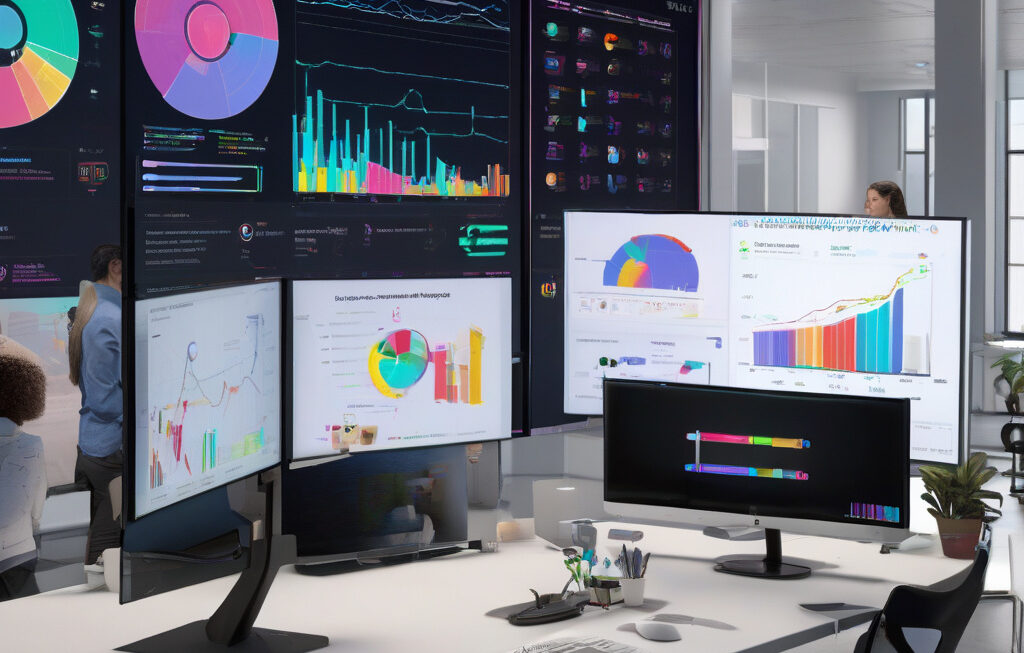AI Revolutionizing Coding: Microsoft Reports AI Writes Nearly a Third of Its Code
In the realm of technology, artificial intelligence (AI) has once again proven its transformative power. Microsoft, a global tech giant, recently revealed that AI is now responsible for writing almost a third of its code. This groundbreaking revelation underscores the significant role that AI plays in coding, highlighting the ever-growing integration of this advanced technology in the tech industry.
The traditional perception of coding involves a human programmer meticulously writing lines of code to develop software, applications, or platforms. However, with the advancements in AI capabilities, this notion is rapidly evolving. AI algorithms are increasingly taking on the task of generating code, automating certain aspects of the development process, and streamlining efficiency.
Microsoft’s embrace of AI in coding represents a shift towards innovation and efficiency in software development. By leveraging AI to write a substantial portion of its code, Microsoft has not only increased productivity but has also paved the way for exploring new possibilities in coding practices. The integration of AI in coding allows developers to focus on higher-level strategic tasks, problem-solving, and creativity, while routine coding tasks are handled by AI systems.
The implications of AI-generated code extend beyond Microsoft’s internal operations. The tech industry at large is witnessing the impact of AI on coding practices. Companies are increasingly recognizing the benefits of utilizing AI to expedite the development process, enhance accuracy, and drive innovation. The efficiency gains achieved through AI-generated code enable companies to meet the growing demands of the market and deliver high-quality products and services in a timely manner.
Moreover, the expansion of AI in coding aligns with the industry’s broader trend towards automation and machine learning. As AI algorithms become more sophisticated and adept at understanding complex programming languages, their potential to revolutionize coding practices becomes evident. From identifying bugs and errors to optimizing performance and enhancing security measures, AI-powered coding presents a wide array of opportunities for developers and tech companies.
Despite the undeniable advantages of AI in coding, some concerns and challenges persist. Critics argue that excessive reliance on AI for coding tasks may diminish the role of human developers, leading to potential job displacement. Moreover, ensuring the ethical use of AI in coding, maintaining data privacy and security, and addressing biases in AI algorithms are critical considerations that the tech industry must prioritize as AI continues to reshape coding practices.
In conclusion, Microsoft’s disclosure that AI now writes nearly a third of its code signifies a significant milestone in the integration of AI in coding practices. As AI technology advances and its capabilities in generating code improve, the tech industry can expect to witness further innovations and efficiencies in software development. Embracing AI-powered coding not only enhances productivity and accuracy but also fosters a culture of innovation and creativity in the ever-evolving tech landscape.
AI, Coding, Microsoft, Innovation, TechIndustry












